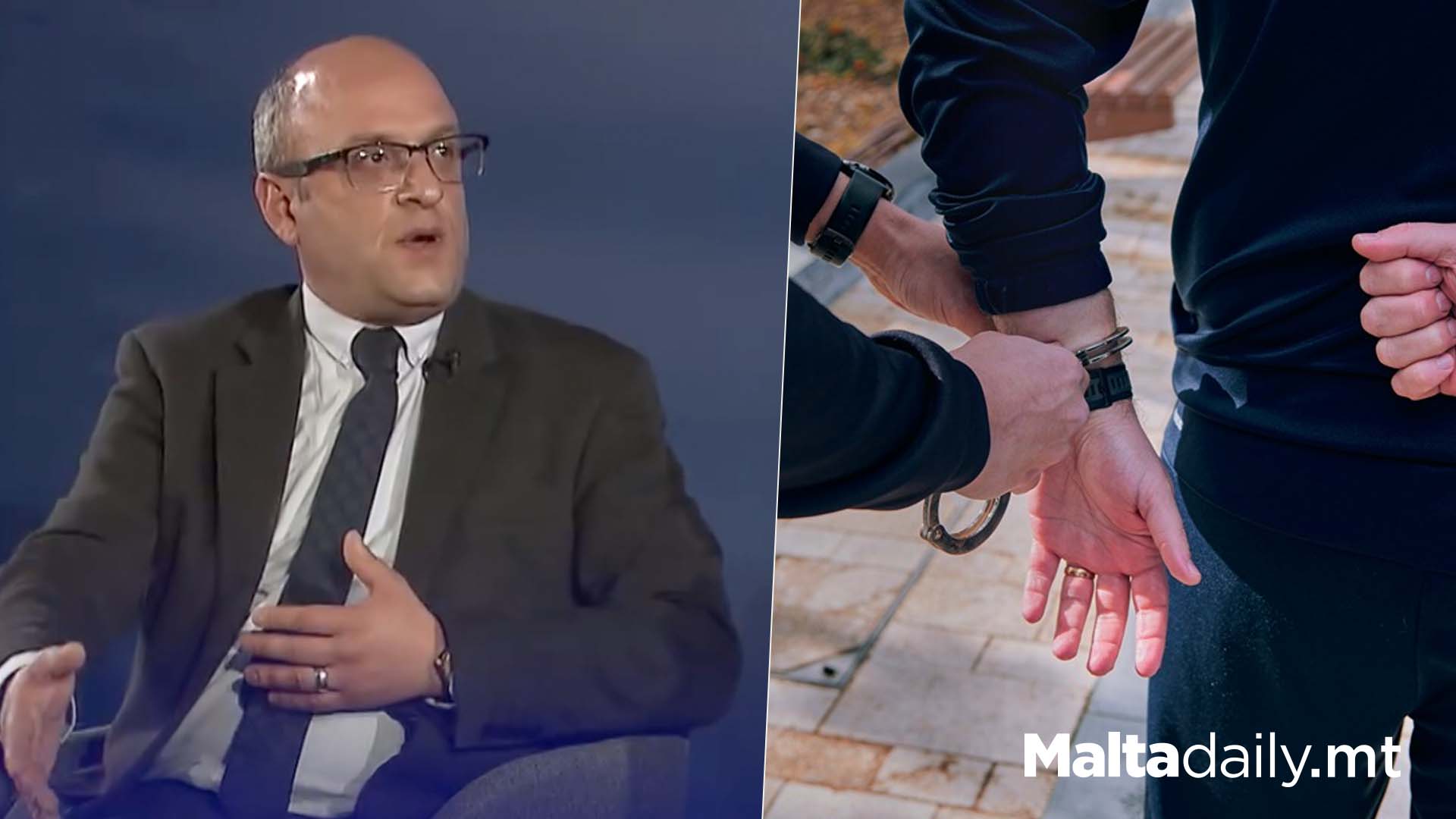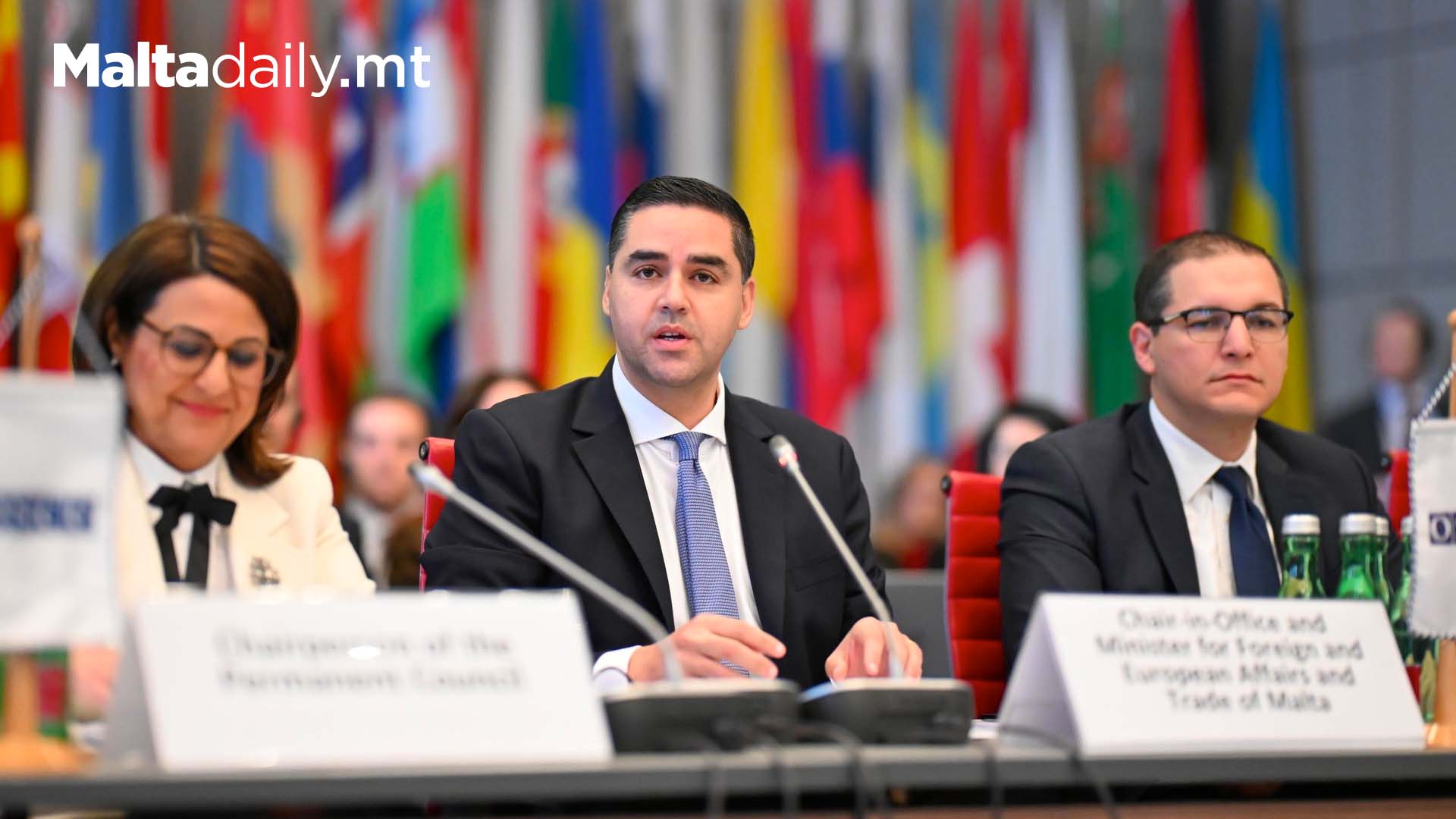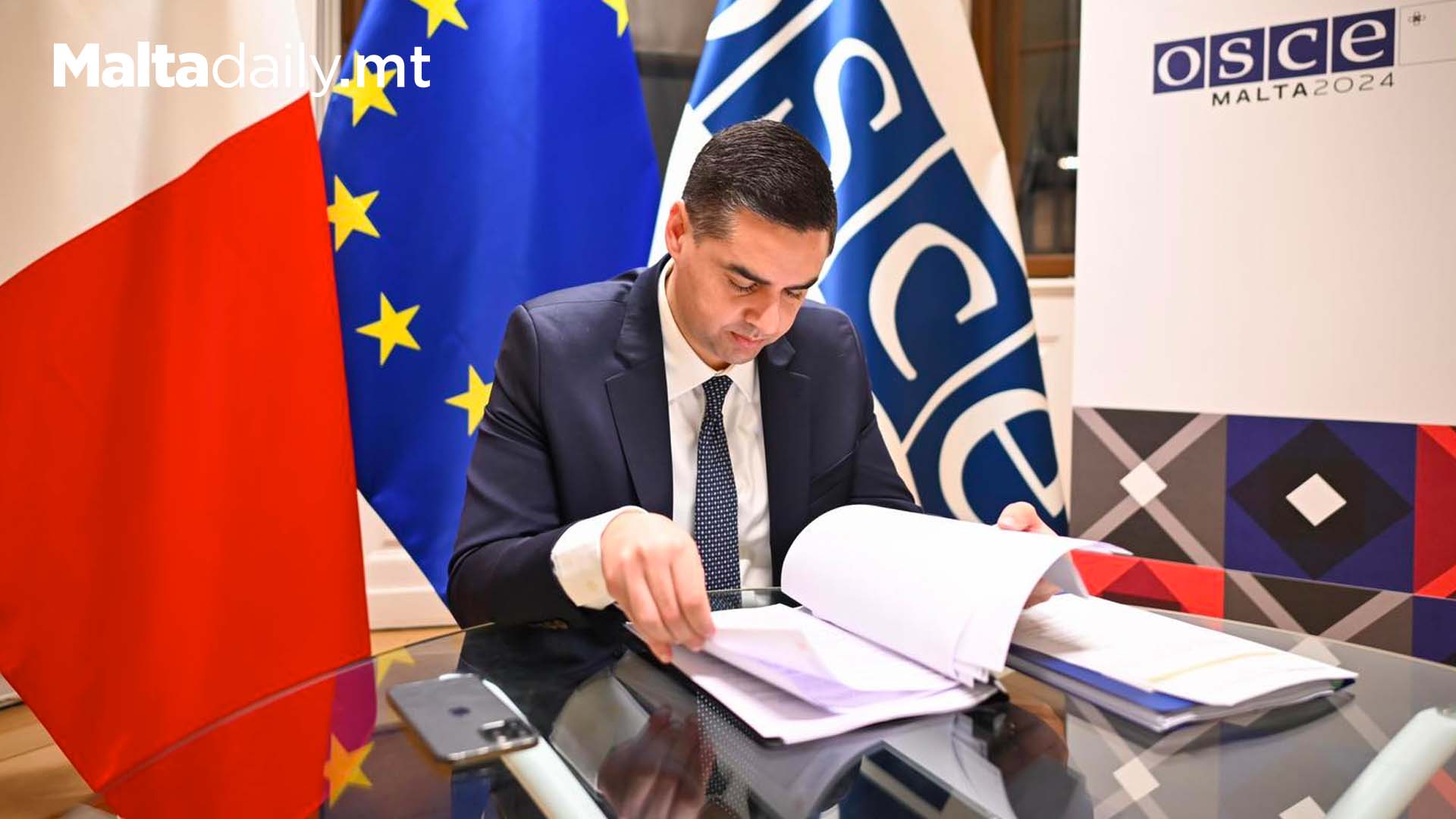
Malta is witnessing a supermarket rivalry between giants LIDL and PAVI/PAMA, captivating shoppers with a dispute over the cheaper can of Coca Cola.
The feud began when PAVI/PAMA claimed their Coca Cola was €0.75 compared to LIDL’s €0.79. In response, LIDL posted a receipt showing PAVI charged €0.99, not €0.75, vowing to reduce their price to €0.69.
This public spat is unusual in Malta, where direct price comparisons are infrequent. Such price wars are common in Europe and have grown amid consumer concerns over inflation.
In the UK, advertising price wars contributed to reduced costs for various products. Rising living costs are a major concern in Malta, leading to a government initiative to cut the recommended retail price of 400 basic food items by at least 15%.
LIDL and PAVI/PAMA are engaged in a competitive advertising battle, comparing prices of items like Kinder Bueno and ragú sauce. As both supermarket giants are part of the upcoming government scheme, it remains to be seen if this price war signals a new era in Maltese supermarket advertising as they vie for customer attention.
#MaltaDaily










